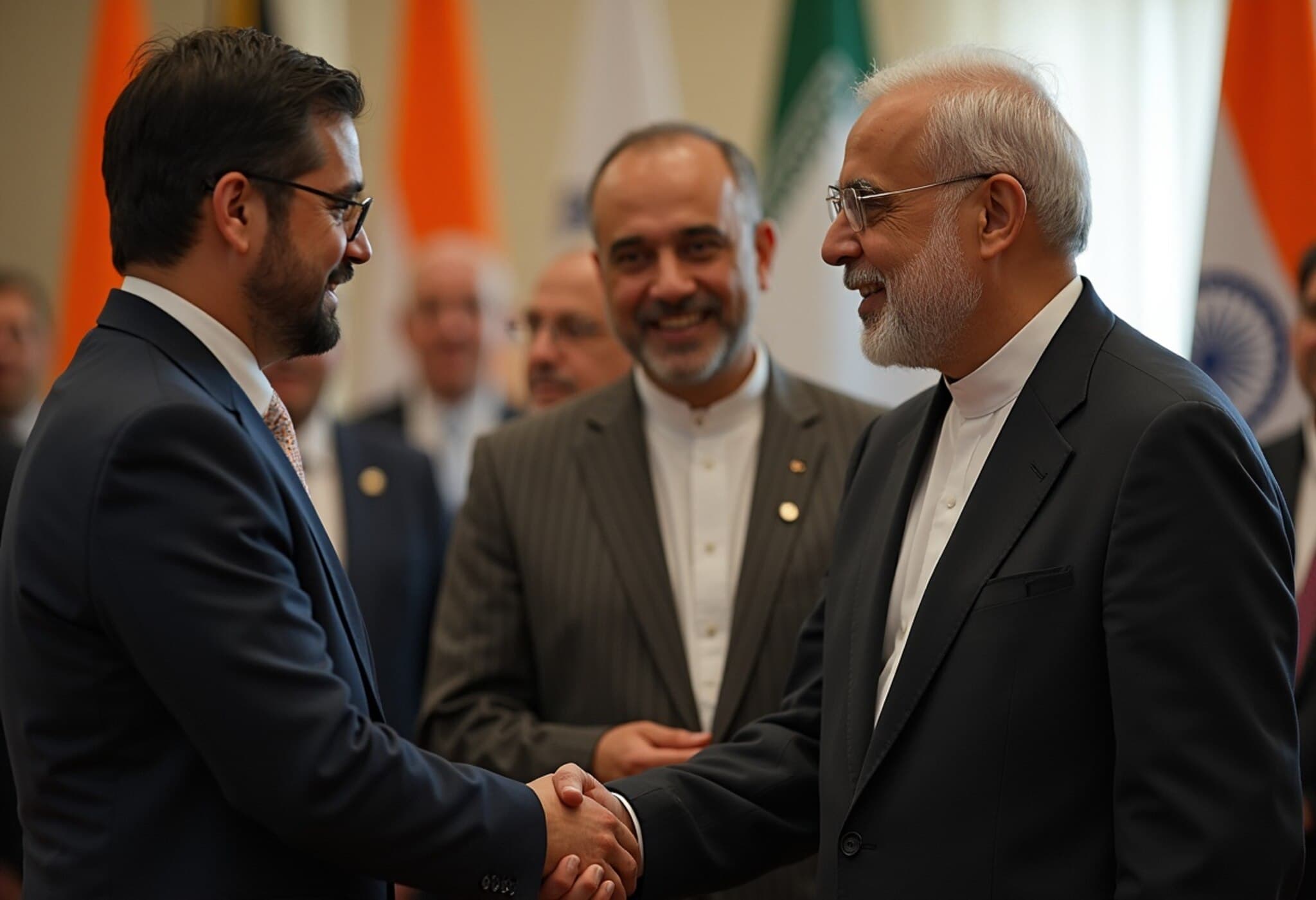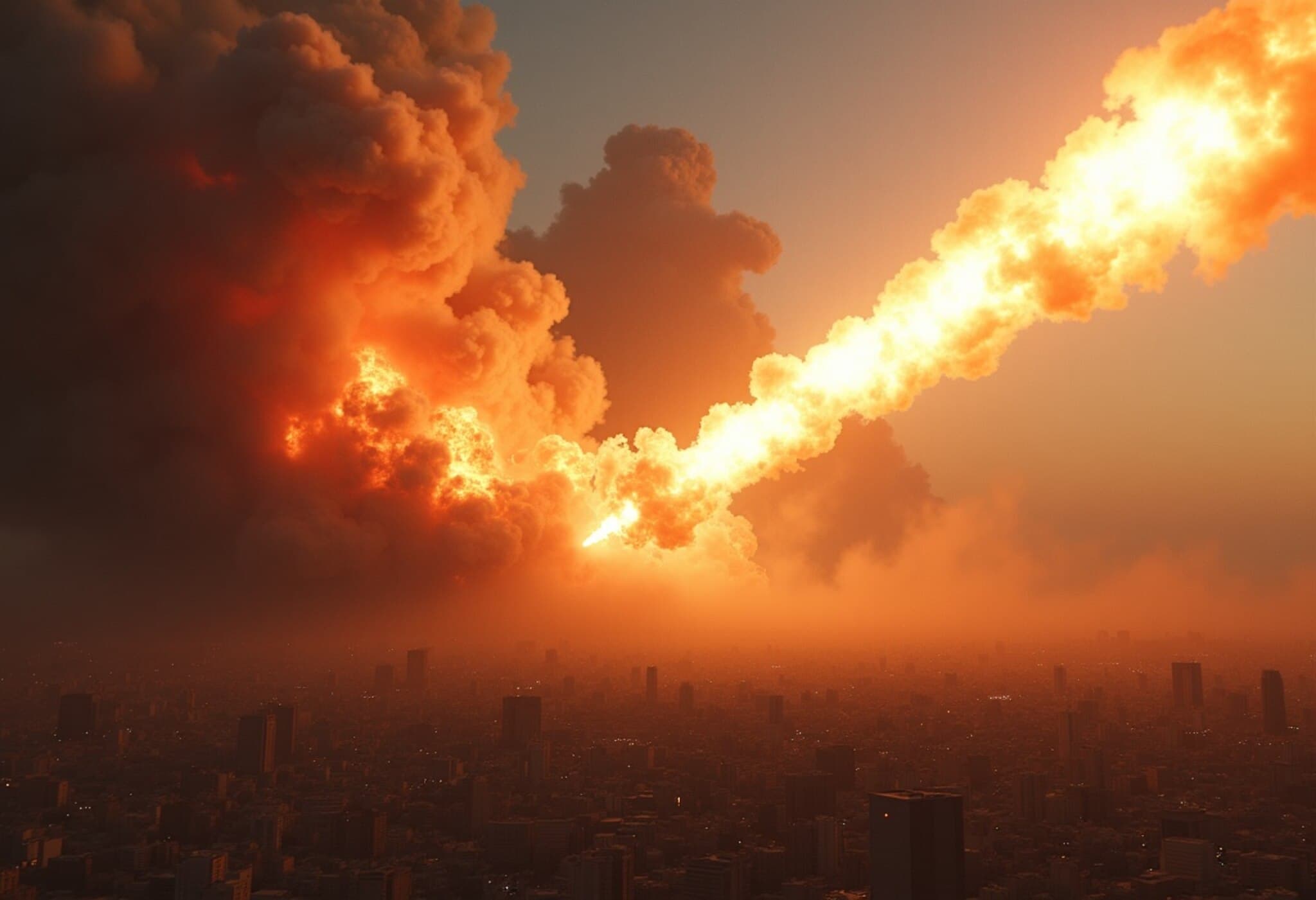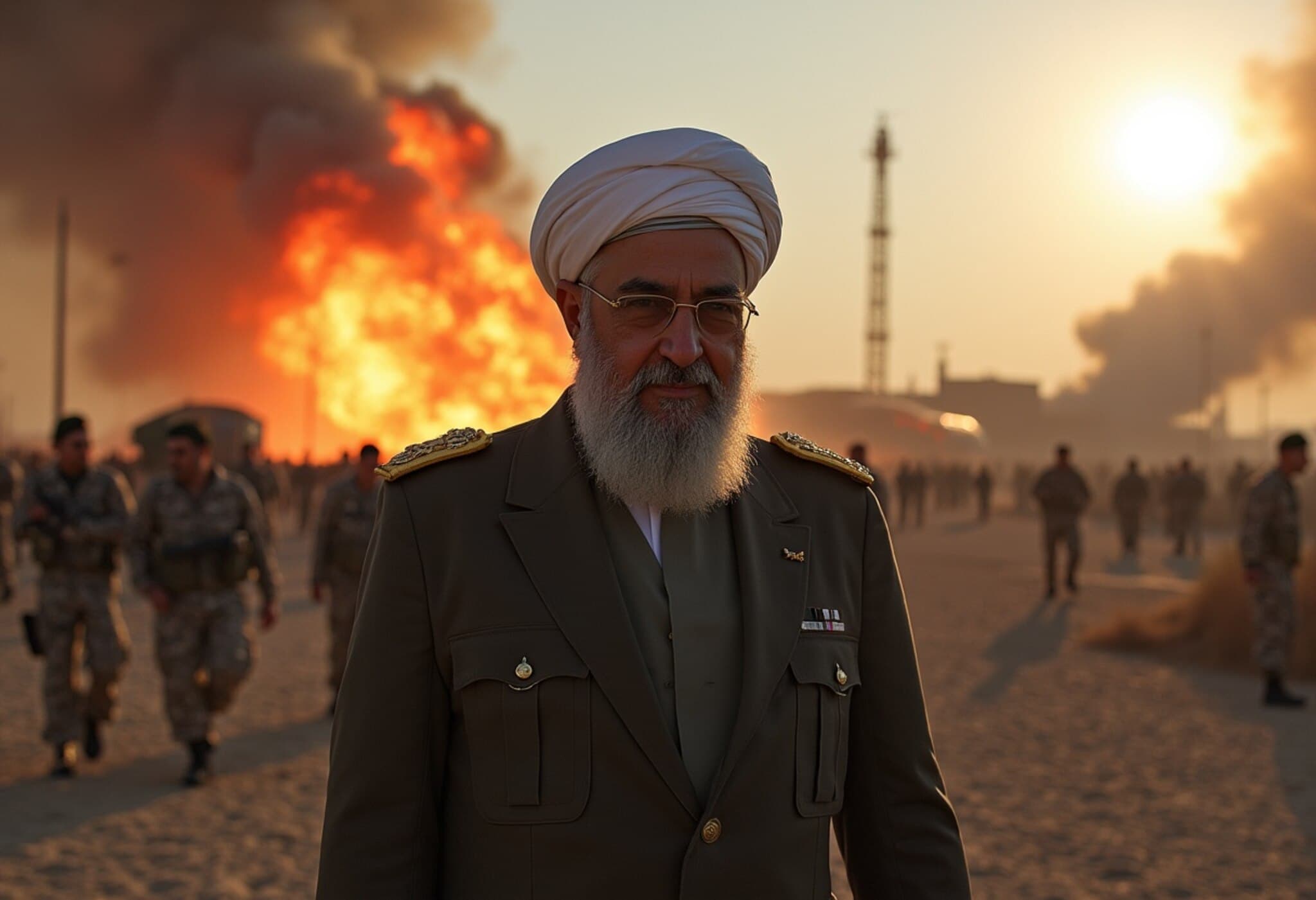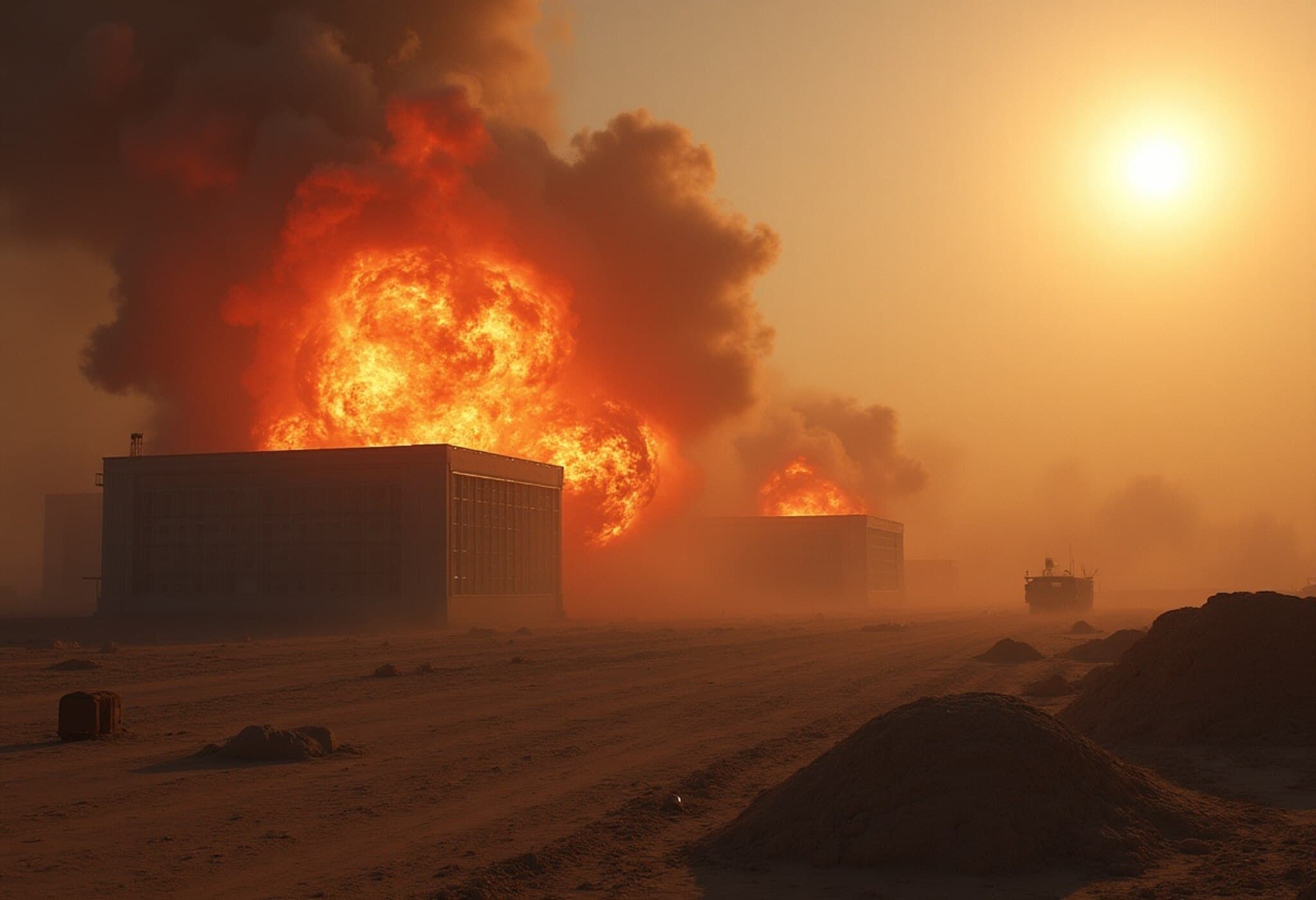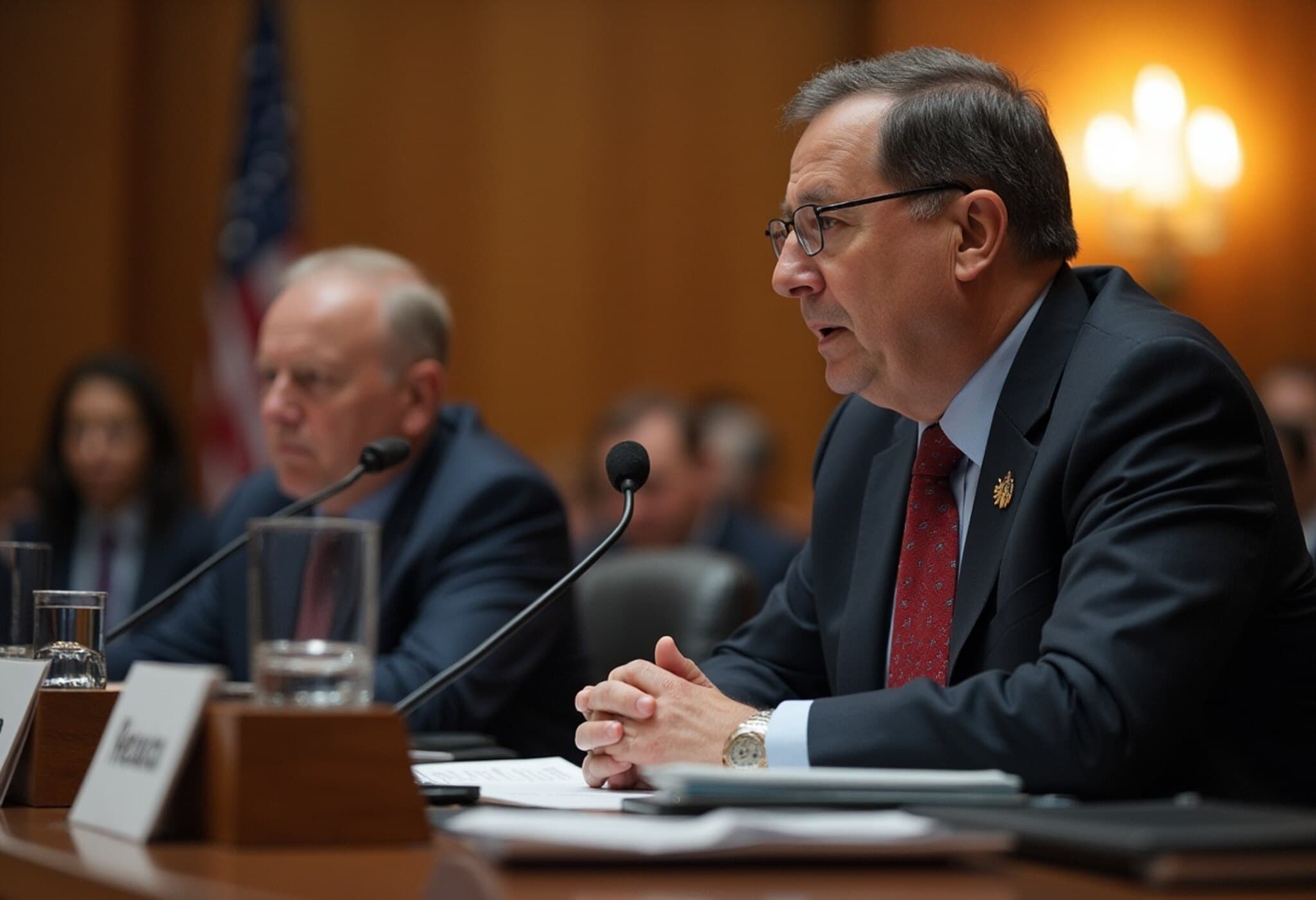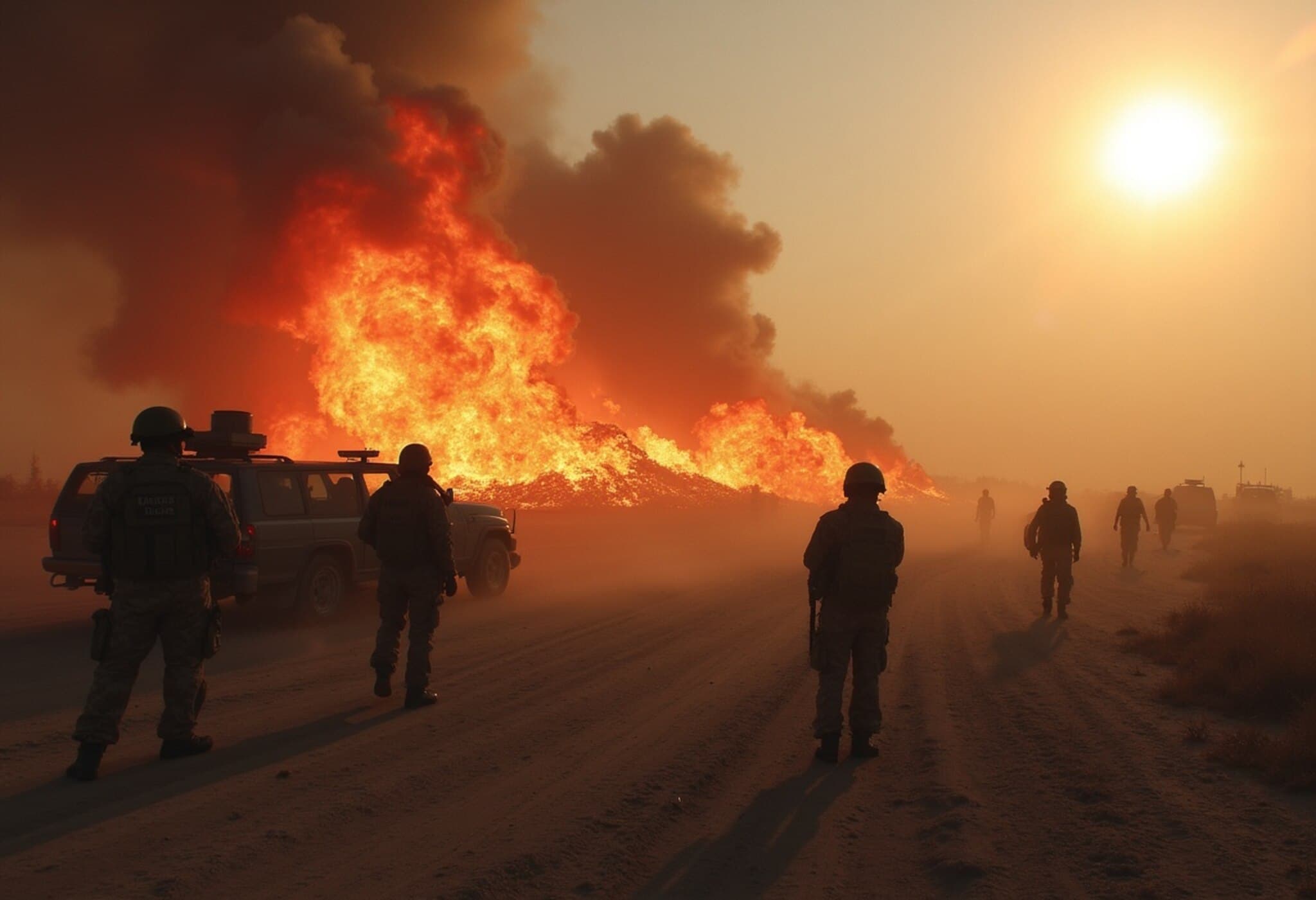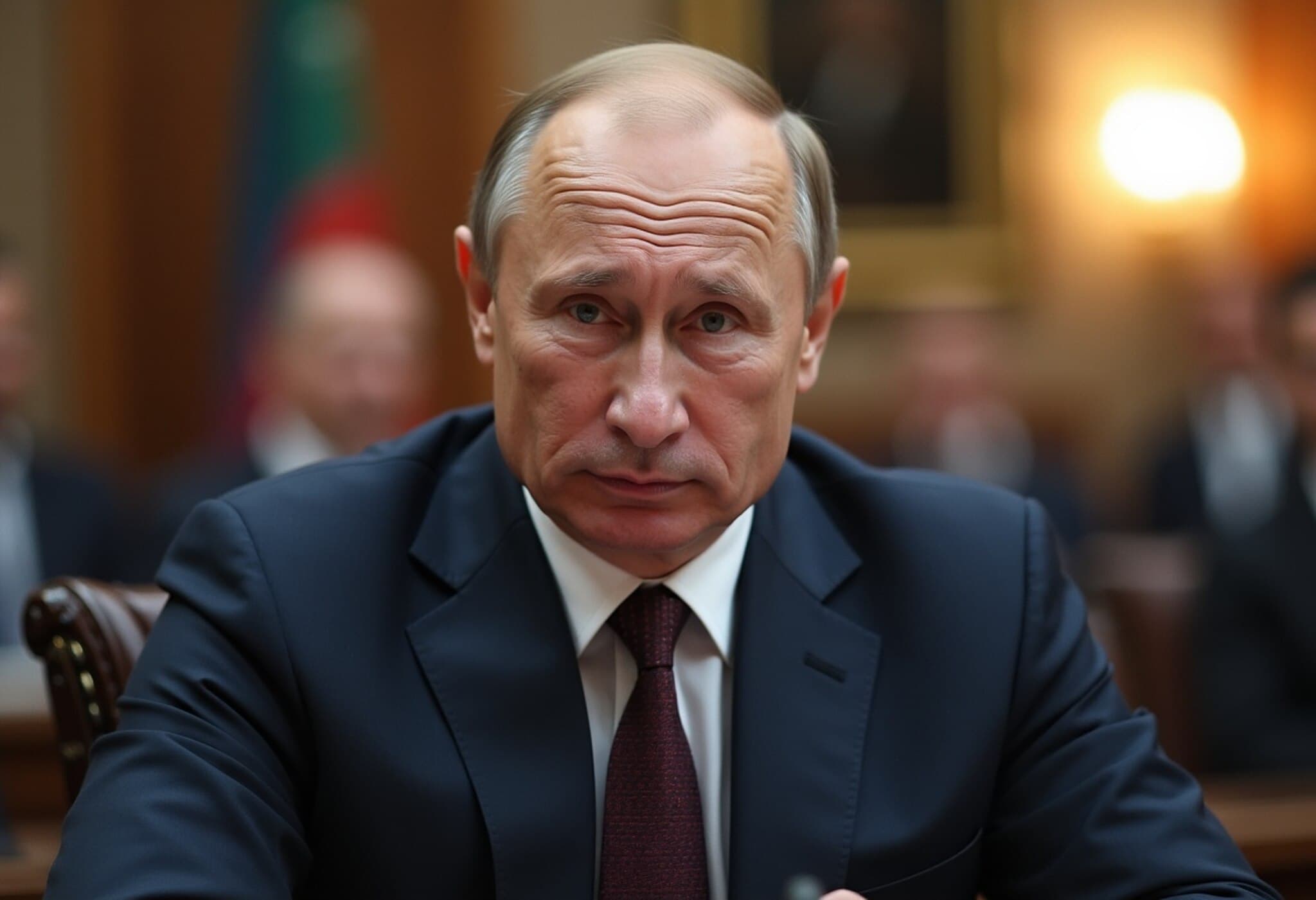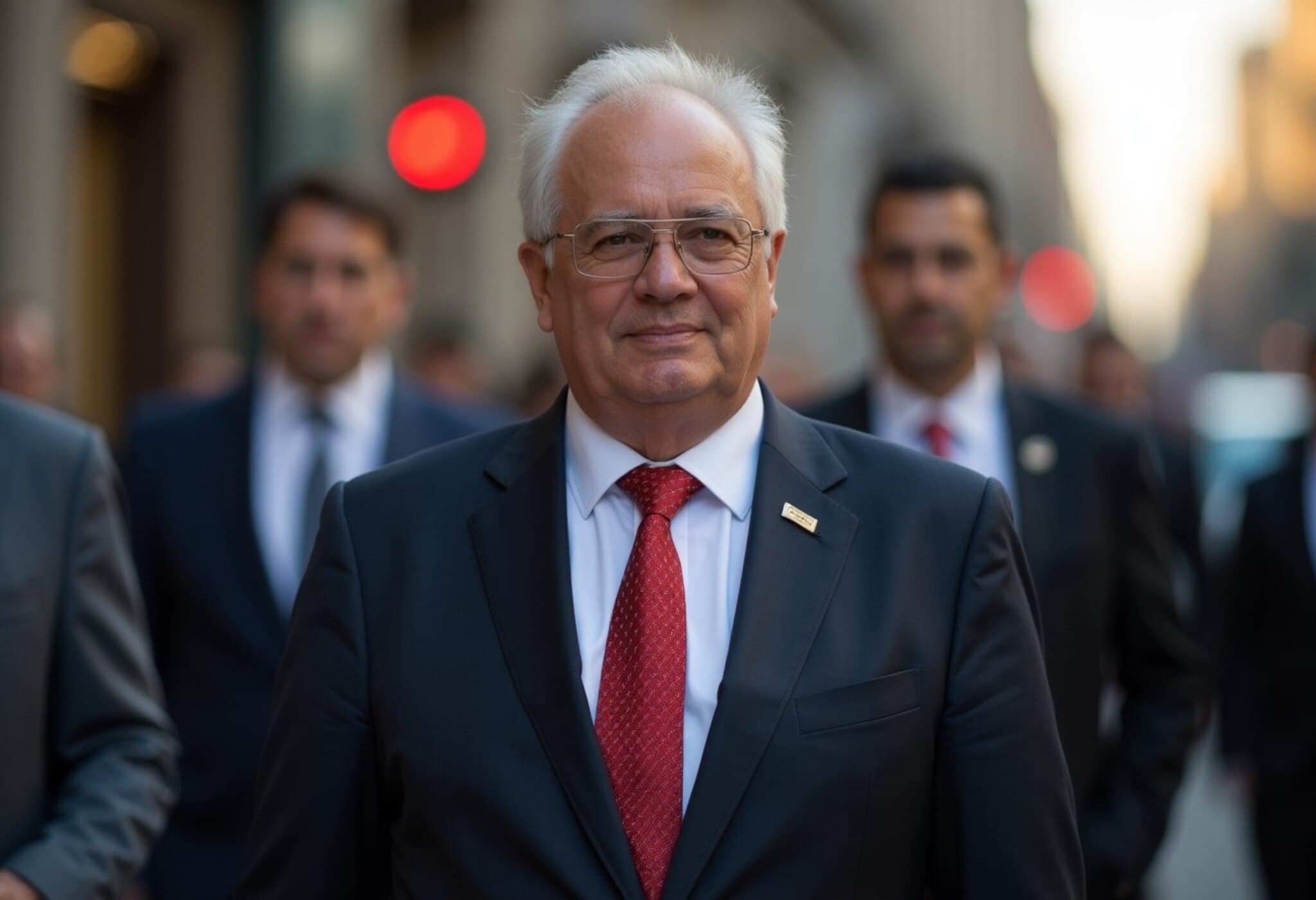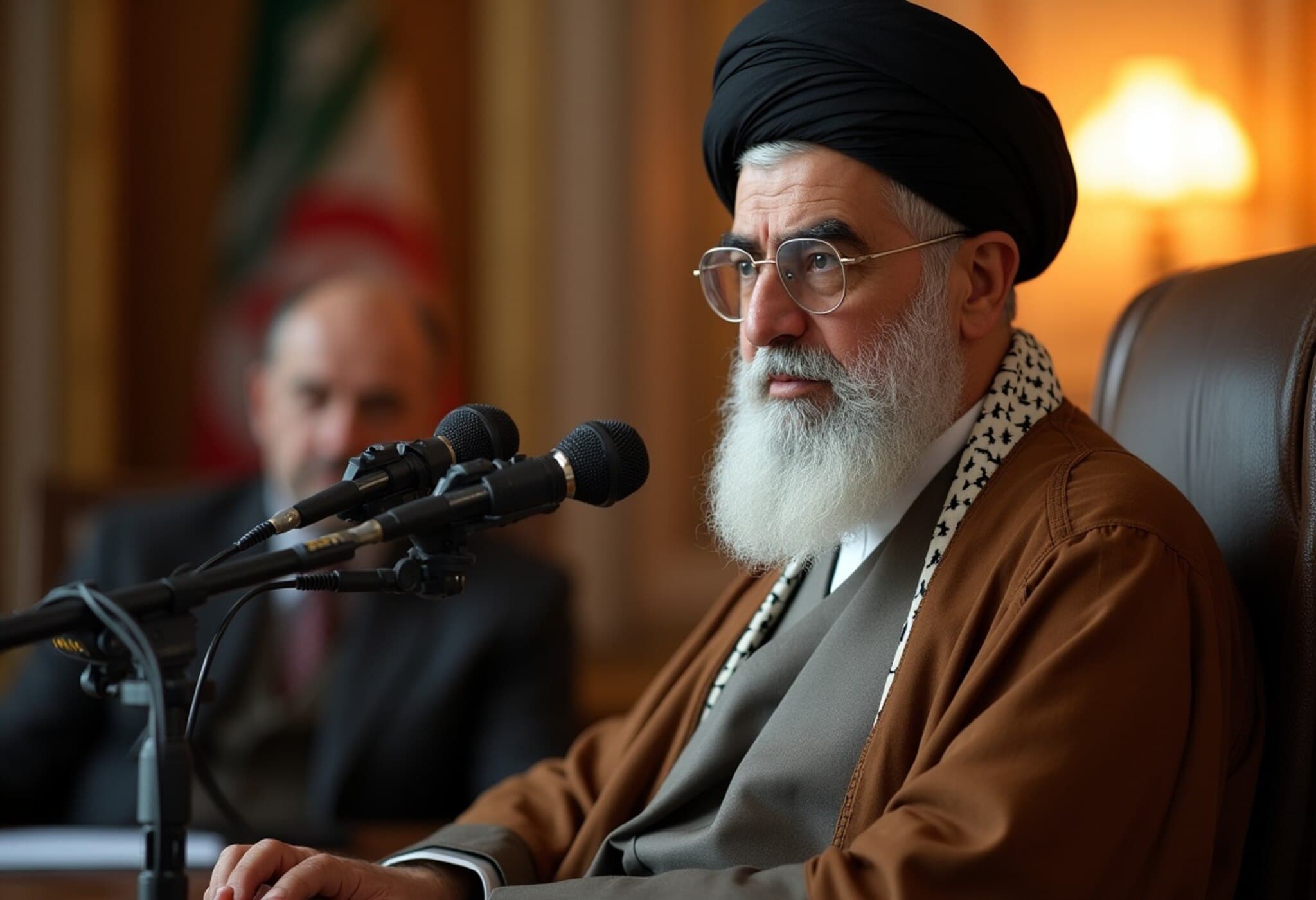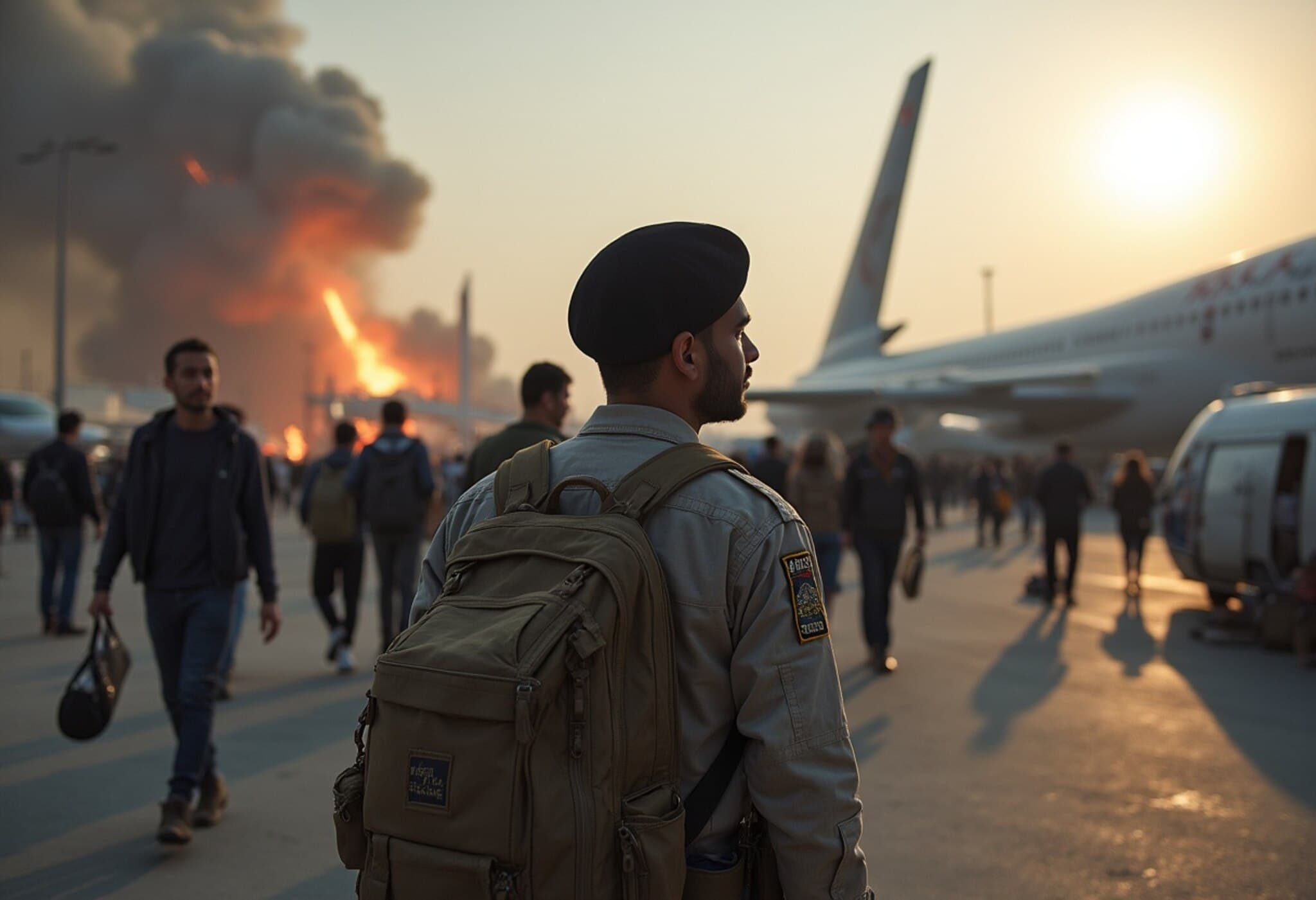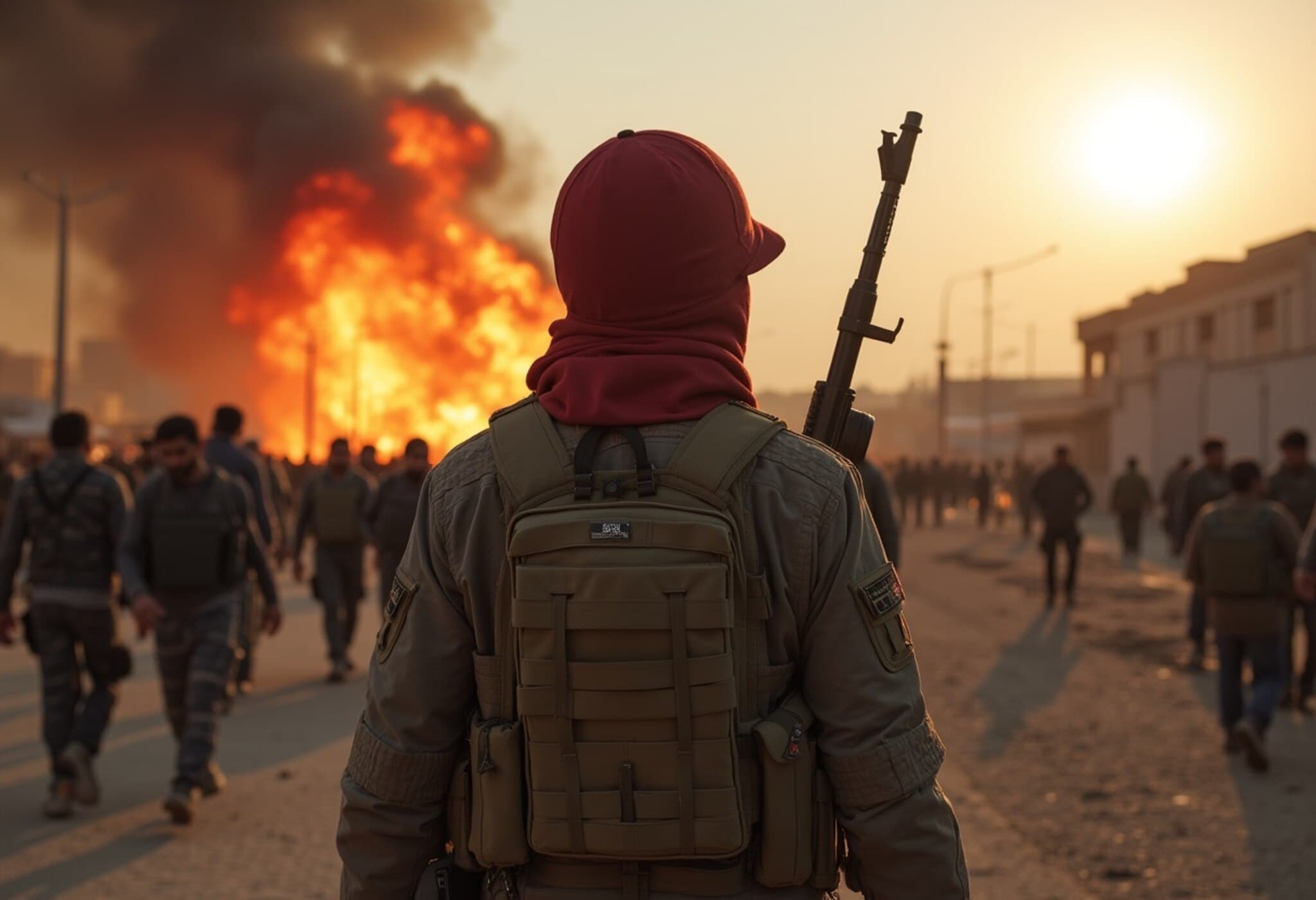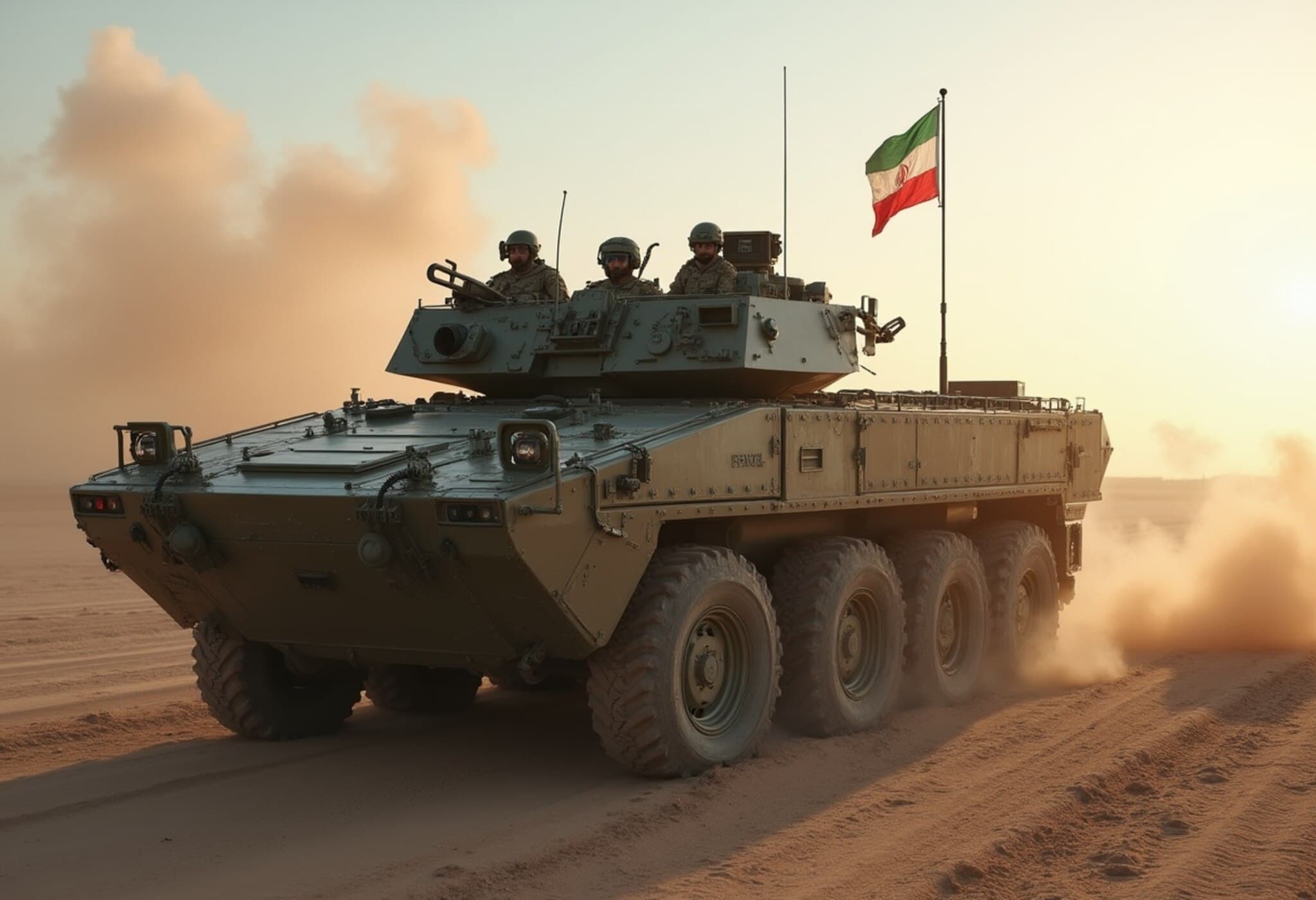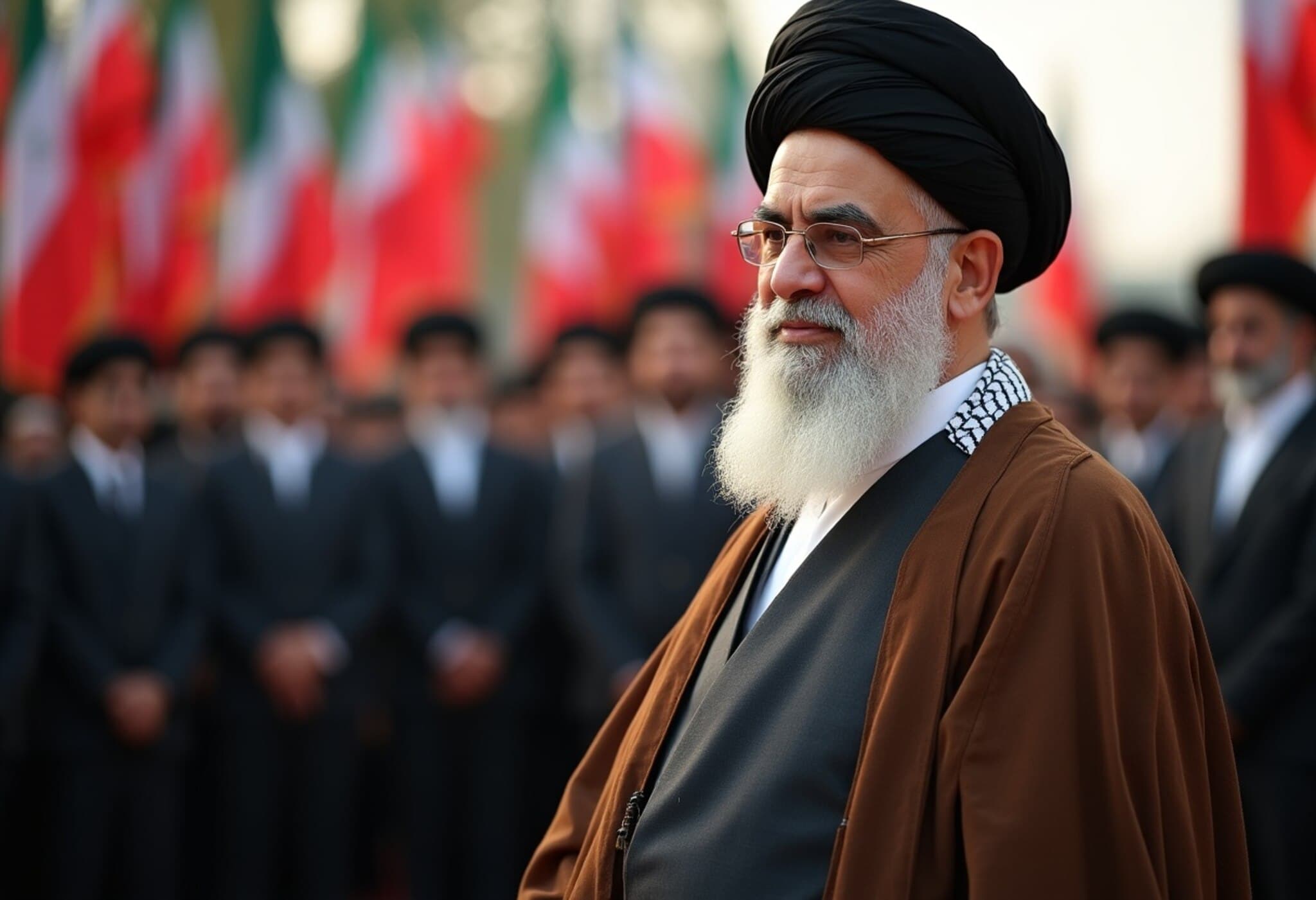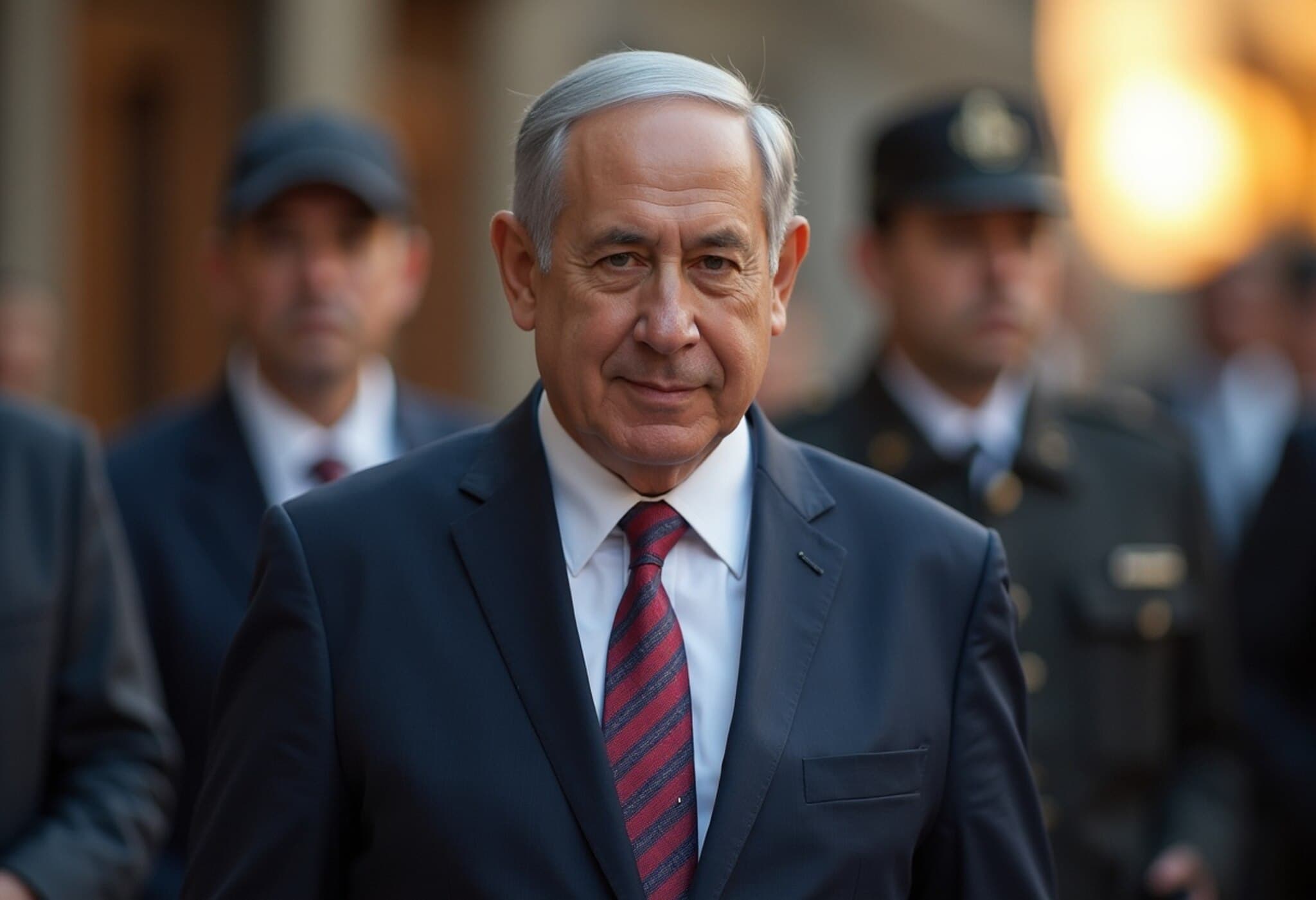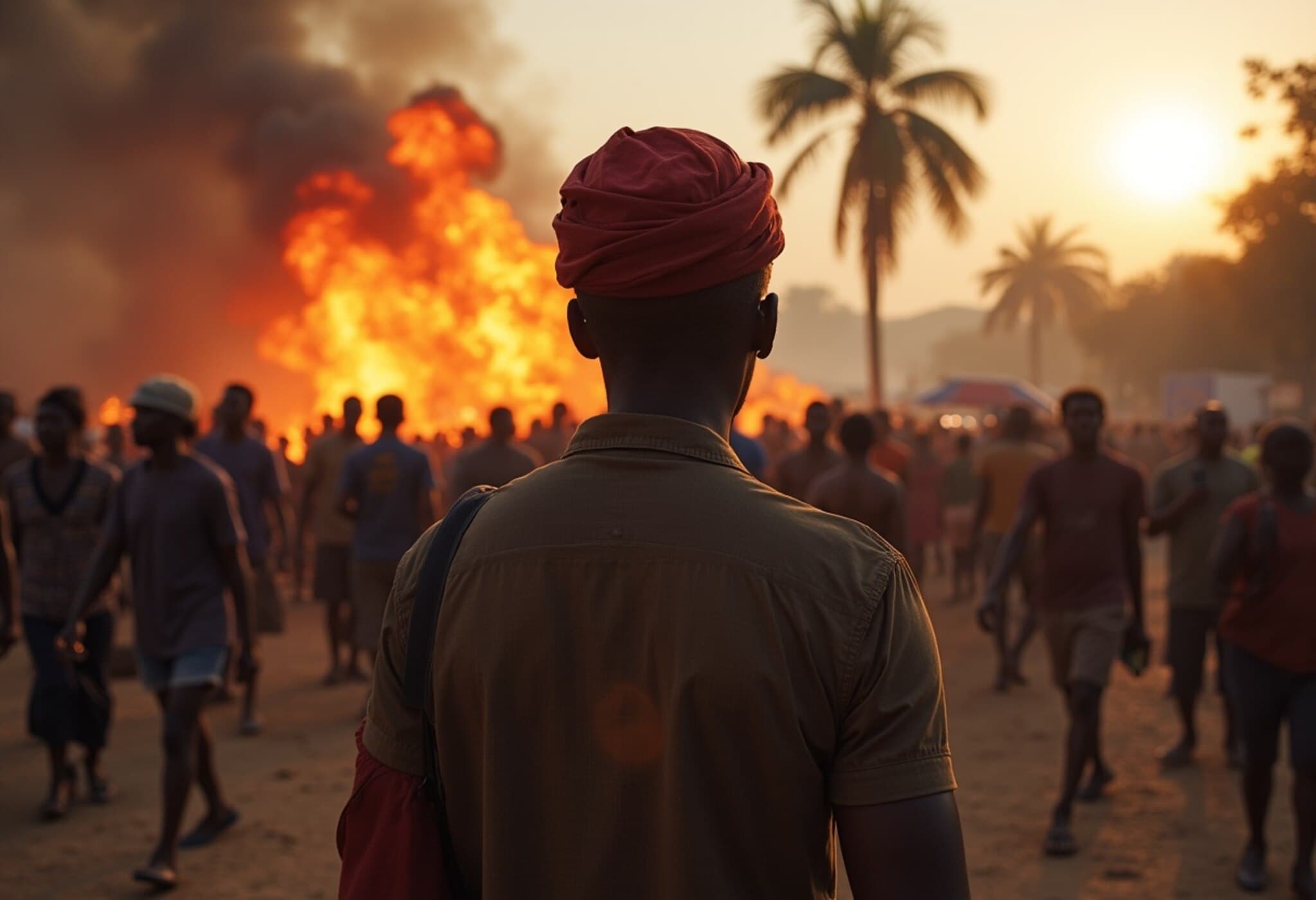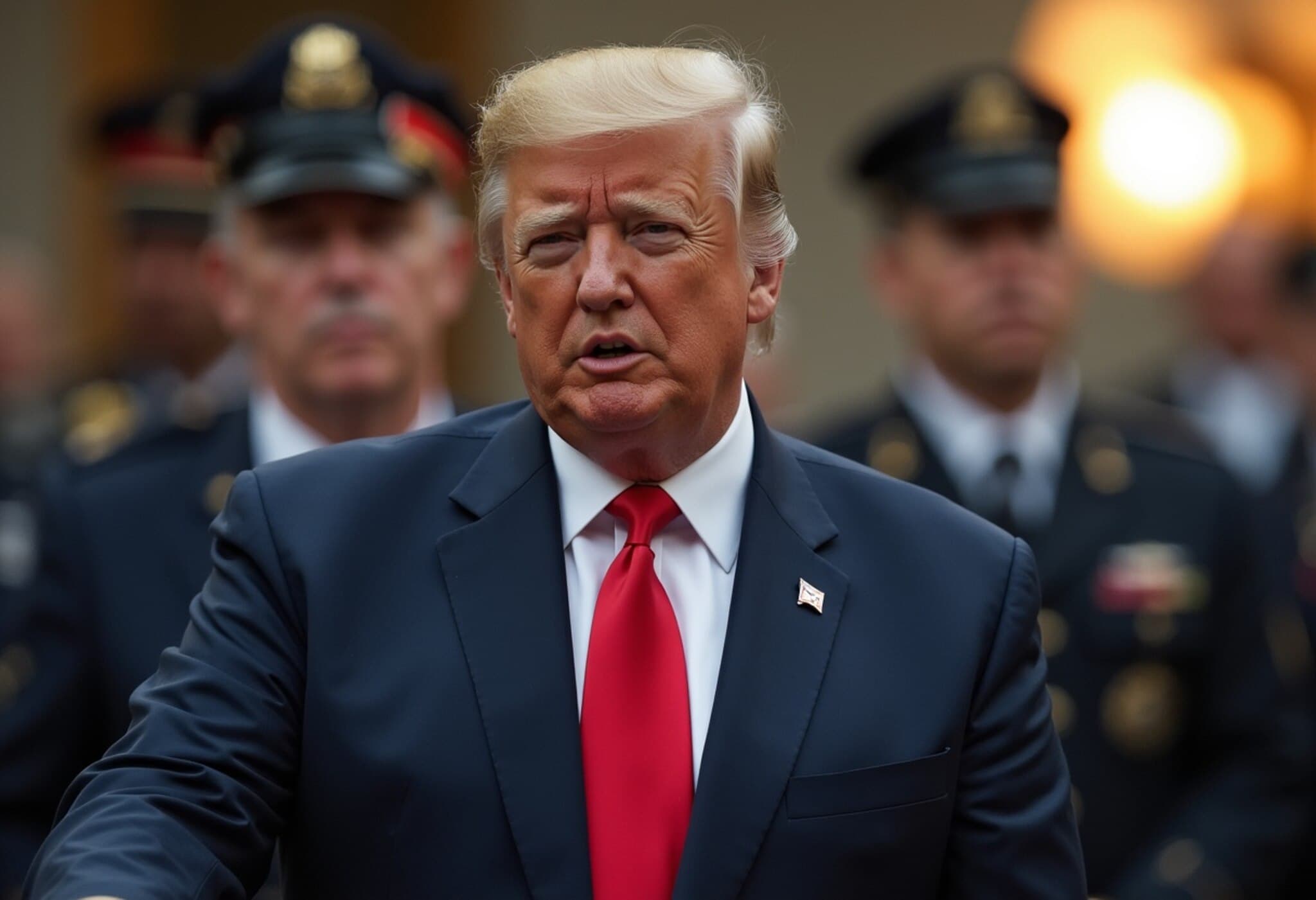Iran Thanks India for Solidarity During Conflict with Israel
The Iranian Embassy in New Delhi has publicly extended its deepest appreciation to the Indian people and institutions for their unwavering support during the recent hostilities involving Israel.
In a heartfelt statement posted on social media, the Embassy recognized the vocal and firm backing from a broad spectrum of Indian society—from citizens and political leaders to NGOs, religious figures, academics, journalists, and social activists.
Unified Voices: A Collective Stand for Justice
The Embassy emphasized how the outpouring of solidarity reflects a shared commitment to justice and adherence to international law. According to the statement, the supportive messages, public declarations, and active participation in peace-oriented events during the Iranian people’s military challenges serve as a powerful expression of the global conscience.
"These gestures clearly reflect the awakened conscience of nations and their commitment to justice and the principles of international law," the Embassy said, applauding the moral encouragement these acts provide.
Global Solidarity Beyond Politics
The Iranian mission highlighted that worldwide support for Iran goes beyond mere politics. Instead, it embodies universal principles like justice, legality, and the pursuit of global peace.
“Iran has steadfastly advocated upholding international law and resisting policies rooted in aggression and expansionism,” the statement read. The Embassy further stressed that unity among nations is a vital defense against war, violence, and injustice.
Enduring Ties Between India and Iran
Closing its message, the Embassy reaffirmed appreciation for India’s enduring support, which is firmly grounded in the deep cultural, civilizational, and human connections between the two nations. This bond, it noted, will continue to strengthen efforts toward peace, stability, and global justice.
Context: Recent Developments in Iran-Israel Conflict
Iran’s nuclear facilities recently suffered significant damage following a series of coordinated strikes by Israel and the United States.
Since June 13, Israeli forces have launched air raids targeting uranium enrichment sites and research centers linked to Iran’s nuclear program. These attacks escalated when the U.S. deployed bunker-busting munitions and missiles, aiming to substantially disrupt Iran’s nuclear ambitions.
According to official statements from Washington and Tel Aviv, these operations caused considerable setbacks to Iran’s nuclear development.
Ceasefire Announcement and Subsequent Tensions
Following the strikes, a ceasefire was declared by the U.S. President, urging both Iran and Israel to honor the truce. However, the peace appeared fragile as reports emerged of missile launches by Iran towards northern Israel shortly after the ceasefire announcement. Israeli officials responded by vowing retaliation.
Meanwhile, Iranian news sources denied that any missile attacks took place after the ceasefire went into effect.
Looking Ahead
The situation remains fluid, with hopes that diplomatic efforts and international pressure might foster lasting peace in the region. Meanwhile, the mutual appreciation between Iran and India highlights the enduring strength of international solidarity in times of crisis.

